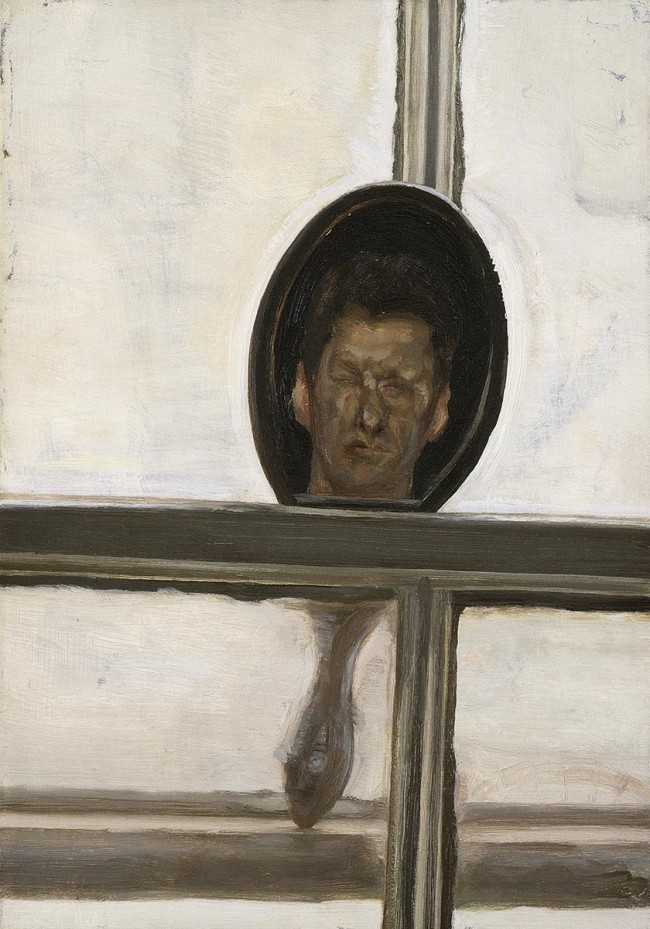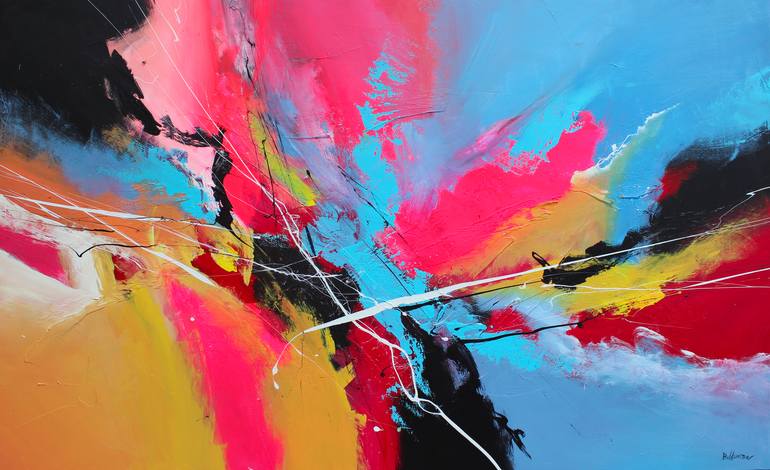
The art of crying is about losing your form — your eyes becoming the primordial ocean of existence and lips twitching and twirling into a knot that keeps you from falling apart — so that you may learn to be able to accommodate more and more.
Why do we cry? Why do we emote our feelings welling up like tides responding to the vagaries of the moon? Why do we let it out by displaying it on our solemn faces?
An international study of criers suggests that the reasons behind crying are often mundane like watching a sad movie or dealing with a small failure and somewhat dependent on previous experiences. I recently cried when I watched Patrick singing a Tina Turner song to David in a Schitt’s Creek episode. I will never call it mundane. *sigh*
It goes on to note, “…for someone to start crying, exposure to an emotional event by itself often does not suffice. Instead, the person may need to be in a particular mental (and/or physical) state and situational factors should not too strongly discourage the shedding of emotional tears.”
I find the privacy of my room the only place where I do not need to hold off from spilling my tears. It is the only safe space as it has been imbibed in me that crying in front of others is not done. It is vulgar and unsophisticated when small streaks of water run down from my long lashes to a scraggy chin. They dry quickly as well, leaving the skin stretched out and clean as if it has undergone some kind of a cosmetic treatment.
“Your skin looks so good,” a friend told me, looking at my tear-worn face. I had not washed it after a small session of inadequate crying. I do not know whether they figured it out or not. Sometimes, I do position myself in front of the mirror when I cry. It is discomfiting, like when others cry in my presence.
From what I found out from the various modern researches on why we cry, some postulated that crying is a form of social bonding — it acts as a tool to evoke empathy and reduce aggression in others. Another suggested that it is manipulative in nature.
For those who still believe that crying is about releasing toxins or controlling body heat during a surge of emotions as has been hypothesised previously, all of it is now disproved. Also, it does not always lead to immediate relief as many self-help articles would say. “But the work that’s been done on this indicates that, if anything, we don’t feel good after we cry,” says Randy Cornelius, a professor of psychology at the Vassar College.
I am not going to delve into the science of it too much as it is still not entirely clear.
I am concerned about crying as a form of self-care. Well, I am having a pretty not-so-okay week, and I have taken many breaks already for some sob soirees in the middle of writing this piece.
Why am I expressing myself and my complicated emotions through tears?
Some of my close friends would know that I am quite harsh on myself; it is sometimes so bad that I tend to feel physical discomfort and even disgust looking at my image and the resulting intrusive thoughts make me almost nauseous. Such an unrelenting attack often leads to days and even weeks of absence from life — forgetting to feel my skin and just following a mechanical routine with no control over anything else — as a form of self-punishment. Therefore, I have realised crying for me is an expression which mellows my response to the situation.
How would you react if you see someone cry in your presence? If you have even a semblance of emotional intelligence, the social cue must make you reach out to them in some way, either through touch or words, to comfort them.
When I am the spectator of my tears, crackling breaths, and gurgling sounds that escape my parched tongue, I respond kindly. I am not that harsh; I seek to comfort and alleviate some of my pain. It does not make it better in a short term but allows me some space and time to recognise (and not antagonise) the cause as well as the effect of crying. It is not self-love but rather self-care that I aspire for and try to achieve at such times.
It is a reaction that I am learning and trying to replicate even if when I cry over the smallest of things. I may even call it a kind of intrapersonal conditioning. The tears accompanied by a debilitating experience act as a stimulant for me to act more gently. I am not self-diagnosing myself with anything, as no one should, and I am not saying that this is the ideal way of going about it.
We do what we have to do, to see through the night to another day and yet another one. Crying seems to be my thing right now.
Agha Shahid Ali ends his collection of ghazals, Call Me Ishmael Tonight, with a short ghazal, which is actually just a couplet:
“If you leave who will prove that my cry existed?
Tell me what was I like before I existed.”
In my case, I want to be the witness of my crying so that I can cogently believe that I am worth something, that my tears have meaning; there was existence prior to the pain, and there would still be one beyond it.
…
This is the third in my #Trash essay series. You can check out the previous essays here and here. This wasn’t a fun write but it was good for me to navigate through the art of crying and realise some things about myself. Let me know what you think about this essay, why you cry and what it means to you, as well as some book/movie/song recommendations for a good cry. I welcome your feedback and topic suggestions to continue this series.
If you liked this piece or anything I have ever written, I would appreciate if you would share it with others in your circle and show your support by making some contribution at Buy me a coffee (it accepts Paypal as well as UPI payments). Thank you.









